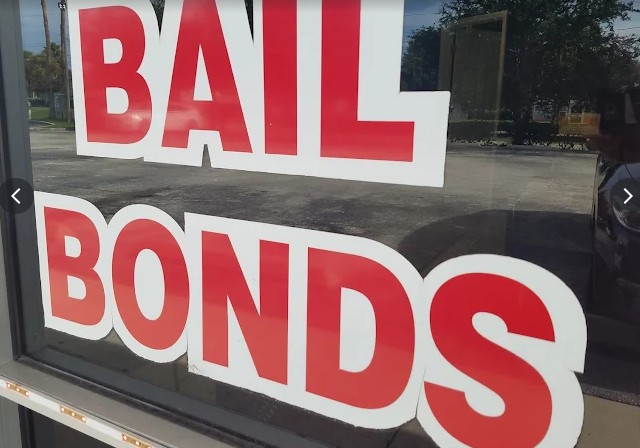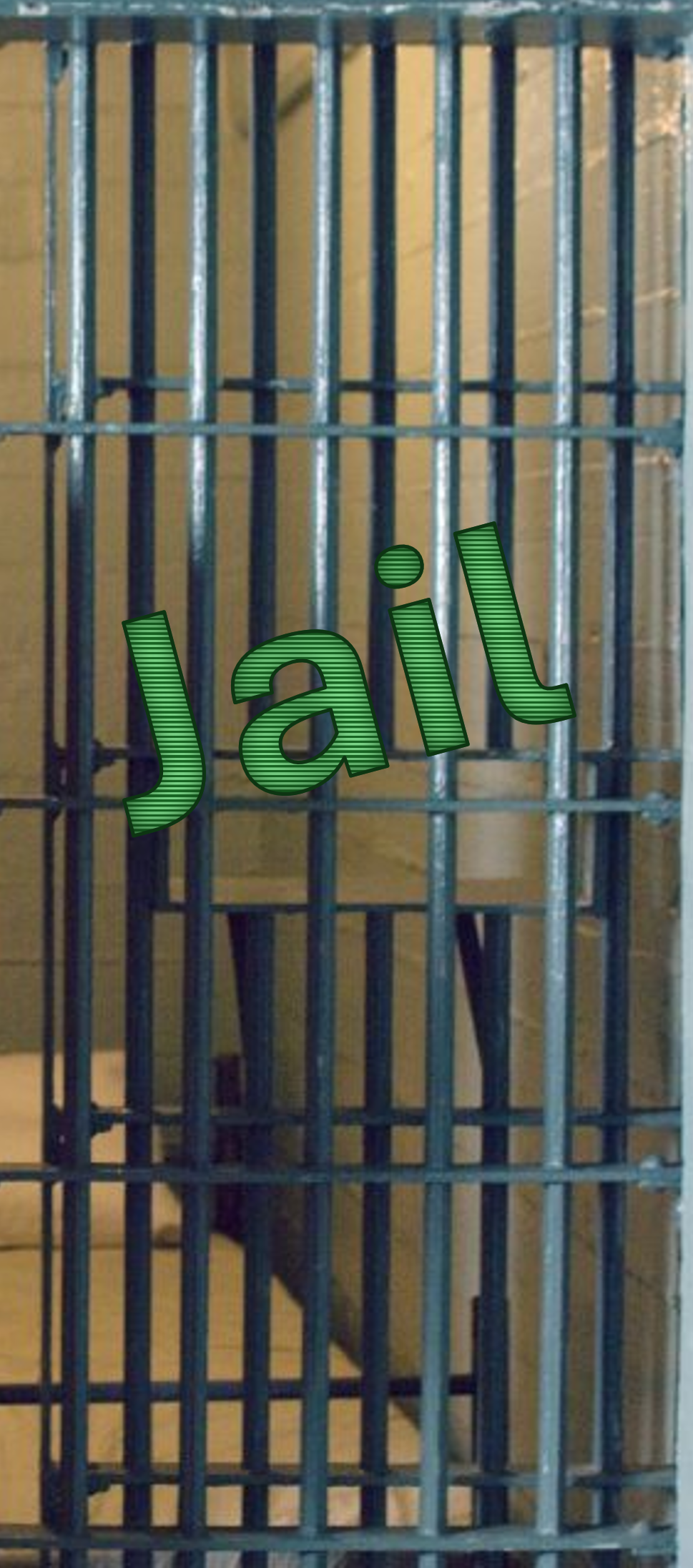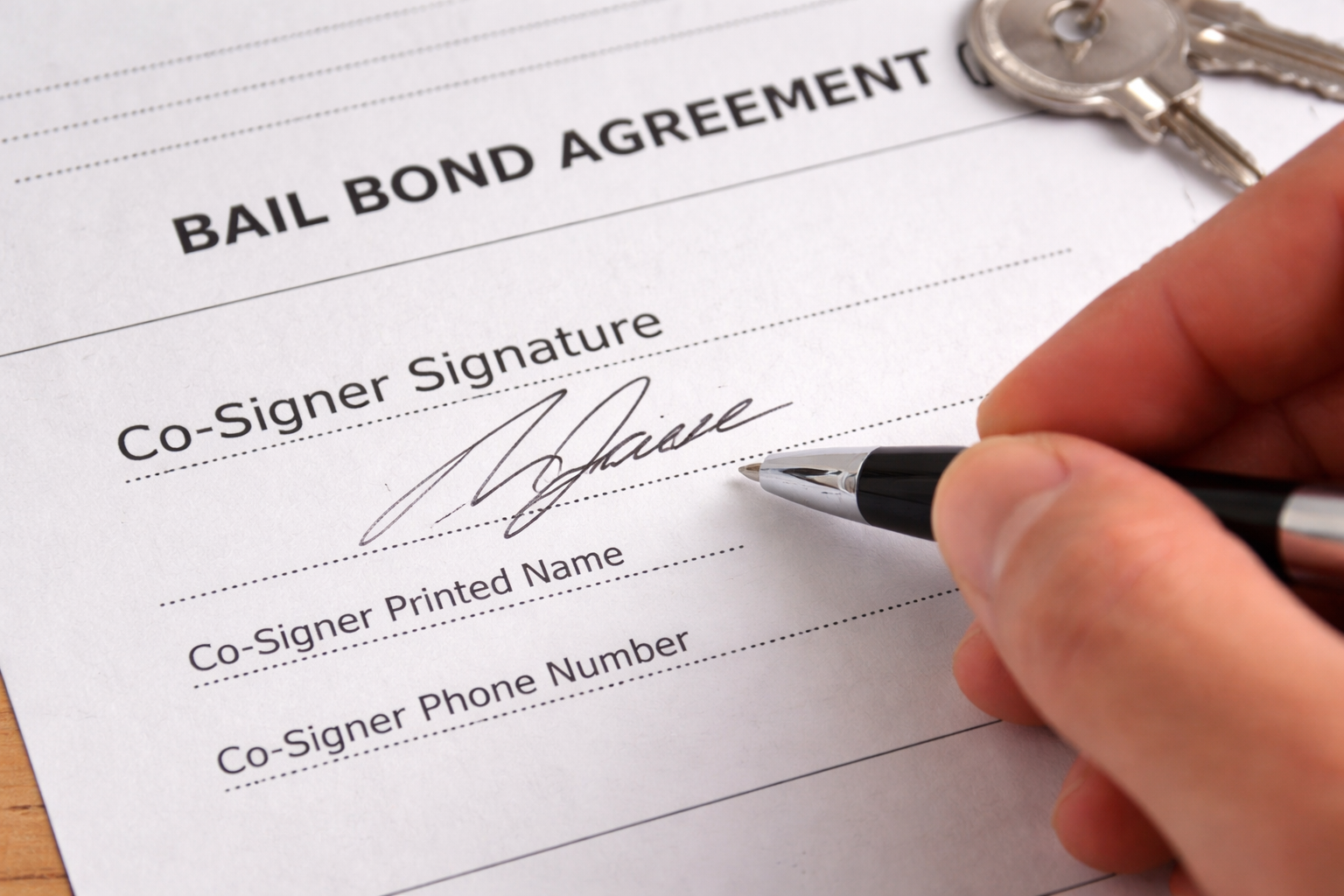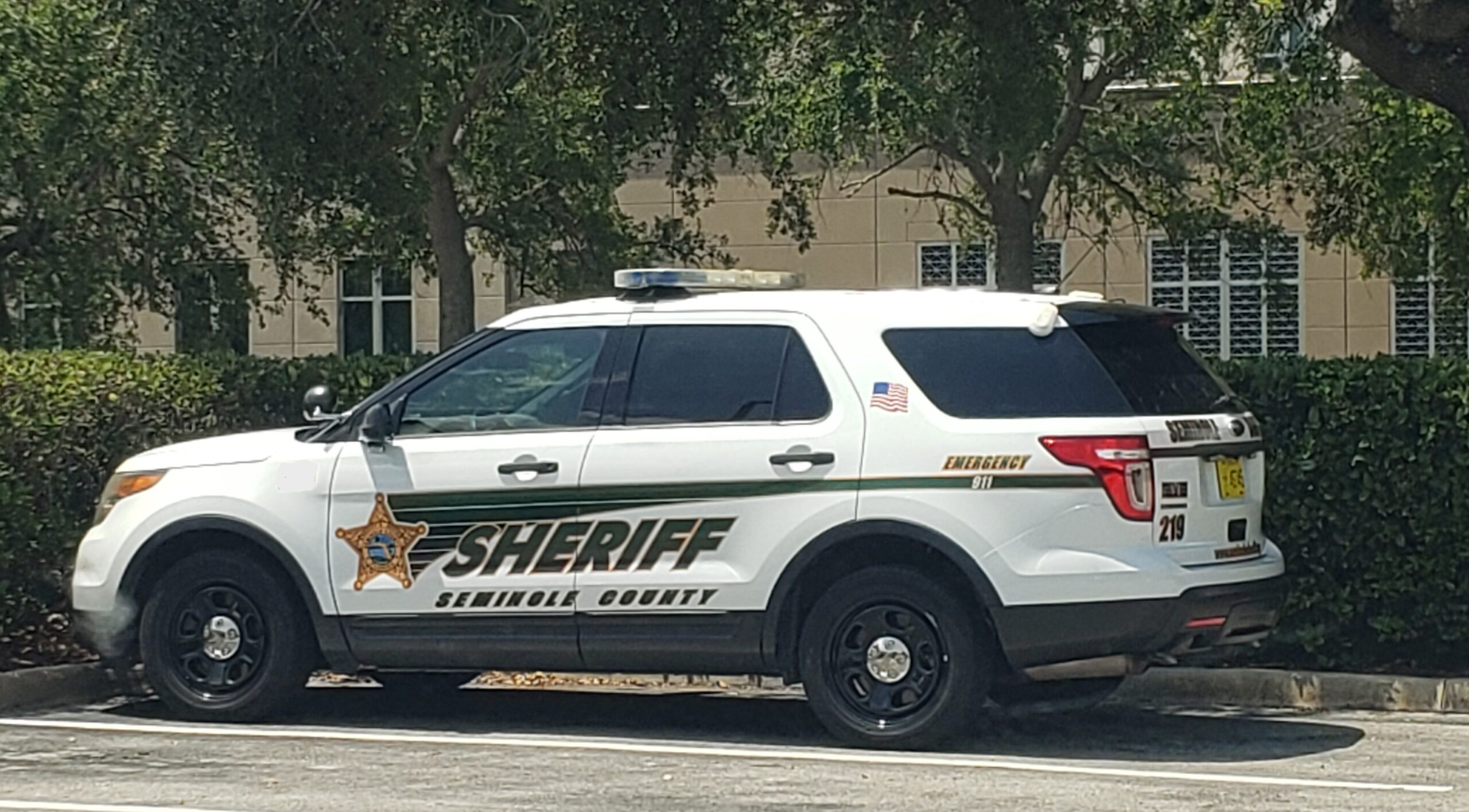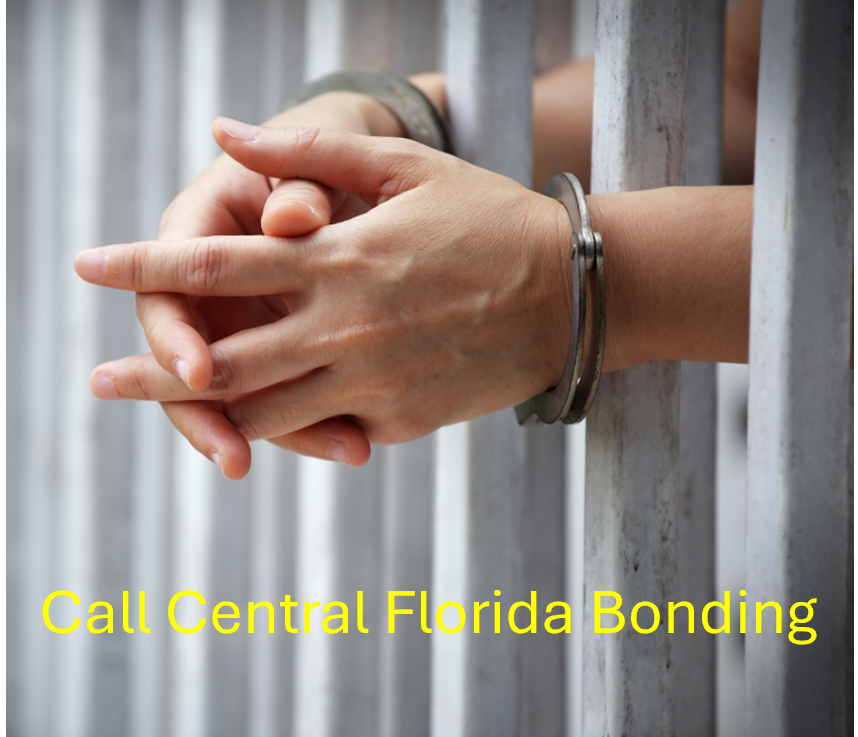Denied Bail?
Understanding why and what you can do next
Getting arrested is stressful, but learning that bail has been denied can make the situation even more overwhelming. While bail allows defendants to await trial outside of jail, it is not guaranteed. Judges evaluate multiple factors before granting bail, and in some cases, they refuse it altogether. Understanding why this happens can help you or your loved one prepare for legal proceedings and explore alternative options.
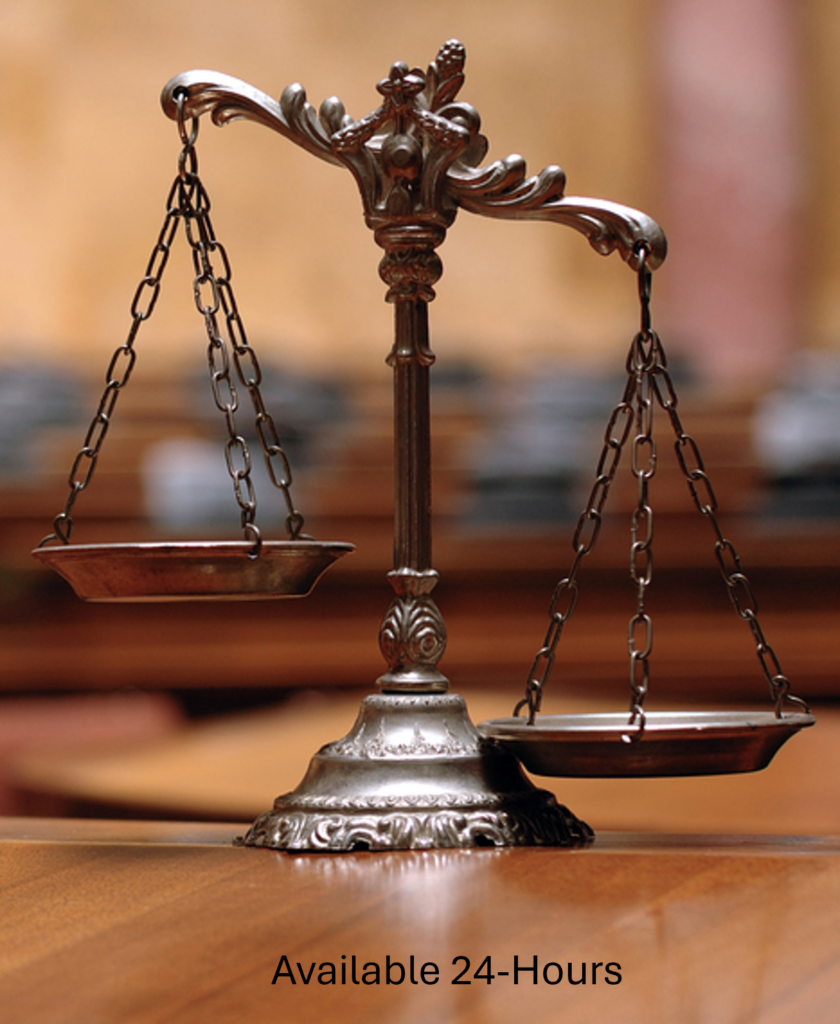
Common Reasons Why Bail is Denied
There are several reasons why bail could be denied, yet this list provides some of the most common reasons.
1. Severity of the Crime
Judges evaluate the severity of the alleged offense when determining bail eligibility. Felonies like murder, sexual assault, armed robbery, and kidnapping frequently lead to bail denials as they present a greater threat to public safety. Offenses involving extreme violence or significant harm may also lead to automatic bail refusals.
2. Repeat Offender or Prior Criminal Record
A defendant’s criminal history significantly influences bail decisions. If someone has a record of repeated offenses—especially serious or violent crimes—the court may view them as a high risk. Individuals who have violated probation or parole conditions also face a higher likelihood of bail denial.
3. Flight Risk
One of the main purposes of bail is to ensure that the defendant appears in court for their trial. If a judge believes the accused might flee to avoid prosecution, they will likely deny bail. Factors such as a lack of stable employment, permanent residence, or a history of skipping court dates may contribute to this decision.
4. Threat to Public Safety
Judges will deny bail if they believe the defendant’s release directly threatens others. This is common in cases involving violent crimes, gang affiliations, or threats against witnesses or victims. Evidence suggesting that the defendant could commit further offenses while out on bail, the court will err on the side of caution.
5. Risk of Witness Tampering
In cases where the defendant may influence witnesses or obstruct the investigation, bail is often refused. Witness intimidation, destruction of evidence, or attempts to interfere with a case can prevent a fair trial. The legal system prioritizes the integrity of court proceedings, and any perceived risk of obstruction results in stricter bail conditions or outright denial.
6. Outstanding Warrants or Parole Violations
If a defendant has existing arrest warrants—especially from other jurisdictions—the court may refuse bail to prevent them from fleeing before those legal matters are resolved. Additionally, individuals on parole or probation have already agreed to strict conditions. Violating those conditions by committing another offense makes judges less likely to grant bail.
7. Lack of Community Ties
Judges look for signs that a defendant has strong connections to the community. People with stable jobs, family support, and long-term residences are considered lower flight risks. On the other hand, those unemployed, transient, or without significant family ties may be denied bail due to concerns that they will not return for court dates.
A judge’s decision to deny bail is not always final. In some cases, defendants can request a bail hearing or appeal the ruling. You should seek legal guidance with a strong understanding of court procedures.
How Central Florida Bonding Can Help
Understanding the bail process is crucial if you or a loved one is facing criminal charges. Central Florida Bonding has helped countless individuals navigate the complexities of the legal system. Our team is available 24/7 to provide fast and confidential bail bond services. We work closely with families and defendants to explain each step of the bail process.
Central Florida Bonding provides bail bonds for a wide range of offenses, including:
–DUI and DWI
–Drug-related charges
–Assault and battery
–Domestic violence
–Driving with a suspended license
Bail denial can be frustrating, but knowing why it happens can help defendants and their families plan their next steps. Whether you need guidance on the bail process or immediate assistance securing a bond, Central Florida Bonding is here to help.
If you or a loved one has been detained, visit our FAQ page to learn more about the bail bond process. For immediate assistance, call us at 407-841-3646—our team is ready to help 24/7.

